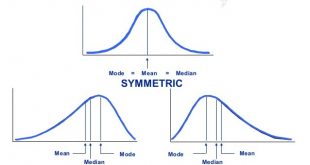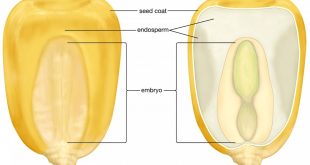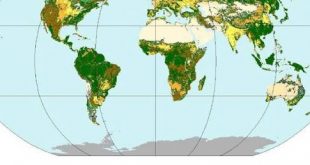Range The range consists of a bunch of data that shows the distinction between the highest and lowest values among the data set. So as to seek out the range, it’s necessary to first order the data from lowest to highest. Then we have to subtract the smallest value from the …
Read More »TimeLine Layout
April, 2020
-
4 April
Organisation and Presentation of Data
There are two main methods of presenting data of a variable character or a variable. A) Tabulation/Tabular Presentation B) Drawing/Graphical Presentation Tabulation Tabulation is a device for presenting data from a mass of statistical data. Preparation of frequency distribution table is the first requirement for that. Tables are often simple …
Read More » -
4 April
Measures of Central Value: Mean, Median, Mode & Others
There are various methods to measure the central value of an observation. For instance, average, mean, median, mode, etc. Average The average value of a characteristic is the one central value around which all other observations are distributed. In any large series, nearly 50% of observations lie above the central …
Read More » -
4 April
Endosperm & It’s Types in Angiosperms
The endosperm is important because it is the main source of food for the embryo. In gymnosperms it is haploid and forms a continuation of the female gametophyte. In angiosperms, on the other hand, it is a new structure formed in most cases as the result of a fusion of …
Read More » -
1 April
Pyrrophyta: The Fire Algae (Dinoflagellate)
Pyrrophyta or fire algae is a division of unicellular algae that has a yellow brown color, and has two different flagella which are ribbon-shaped. It contains some pigments (chlorophyll-a, chlorophyll-b, c1, c2 and fucoxanthin) that can photosynthesize. Early botanists classified dinoflagellates as a separate division of algae, which they named …
Read More »
March, 2020
-
28 March
Classification Of Land
Classification of Global climate The earth can be divided into the following broad climatic zones: Polar and subpolar zone Temperate zone Subtropical zone Tropical zone According to Koppen-Geiger classification, global climate can be divided into the following 6 types: Type A: Equatorial Type B: Arid Type C: Temperate Type D: Cold …
Read More » -
28 March
Phytogeography: Causes And Regions Of The World
Definition Phytogeography is the study of distribution of plant species and elucidation of origin of flora. The relative position of the 6 continental land masses and large number of islands play an important role in the distribution of various types of plants over the surface of the earth. Factors …
Read More » -
28 March
Water Budget
Components of Water Budget The water budget of a unit area of the earth’s surface is formed from the components: P = precipitation E = Evaporation D = Discharge, Runoff R = Reserve, storage and U = Use, consumption The conservation law for water satisfies the water balance. P = …
Read More » -
28 March
Geosphere And Biosphere
Geosphere The area near the surface of the earth can be divided into four inter-connected “geo-spheres” – lithosphere, hydrosphere, biosphere and atmosphere. The names of the four spheres are derived from the Greek words for stone (litho), air (atmo), water (hydro), and life (bio). Lithosphere The lithosphere is the …
Read More » -
28 March
Random Sampling
Sampling Measuring a small portion of something and then making a general statement about the whole thing is known as sampling. Sampling is a process of selecting a number of units for a study in such a way that the units represent the larger group from which they are selected. …
Read More »
 Plantlet The Blogging Platform of Department of Botany, University of Dhaka
Plantlet The Blogging Platform of Department of Botany, University of Dhaka









